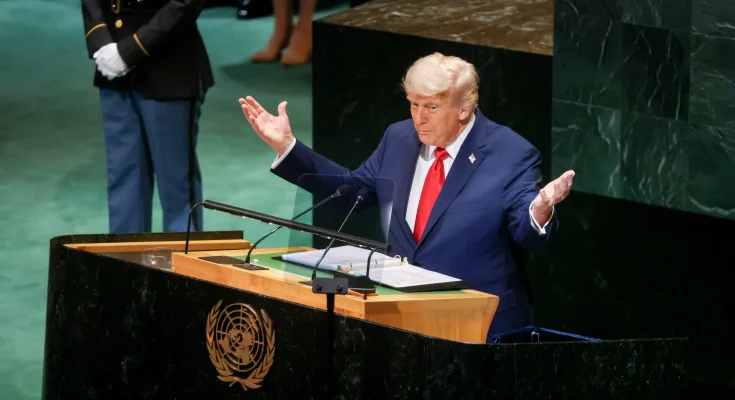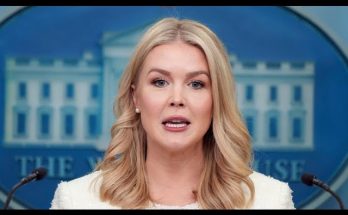 No one — not advisors, not allies, not even those closest to him — could have predicted what Donald Trump would unleash within a single day.
No one — not advisors, not allies, not even those closest to him — could have predicted what Donald Trump would unleash within a single day.
Less than 24 hours after losing the Nobel Peace Prize, a defeat he believed was both
personal and political, Trump erupted in a storm of retaliation that stunned Washington and sent shockwaves across Europe.
To him, this wasn’t merely a snub.
It was an insult delivered by a nation he had long felt underestimated his influence: Norway.
And Trump was determined to make Norway pay.
Decision One: A Sudden Freeze That Sent Panic Across the Atlantic
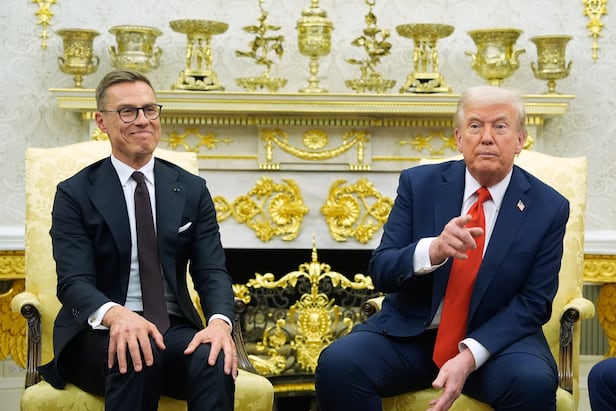
In the early hours of the morning, while most of America was still asleep, Trump stepped in front of the press and announced a dramatic order:
All aid, cooperation, and planned initiatives with Norway were to be halted immediately.
To Trump, this was a “legitimate and necessary response” to what he called a rigged and biased Nobel system.
To Norway, it was a thunderbolt.
Officials in Oslo scrambled for clarity. The freeze came without warning, without negotiation, and without a single phone call to soften the blow. Even though the action had no legal authority over Norway’s own policies, the symbolism alone ignited a wave of unease and confusion across Europe.
Why was the United States — or more specifically, Donald Trump — turning a Nobel disagreement into a diplomatic standoff?
Because Trump felt humiliated, and humiliation has always been the spark that ignites his most explosive decisions.
Decision Two: A Public Accusation Heard Around the World
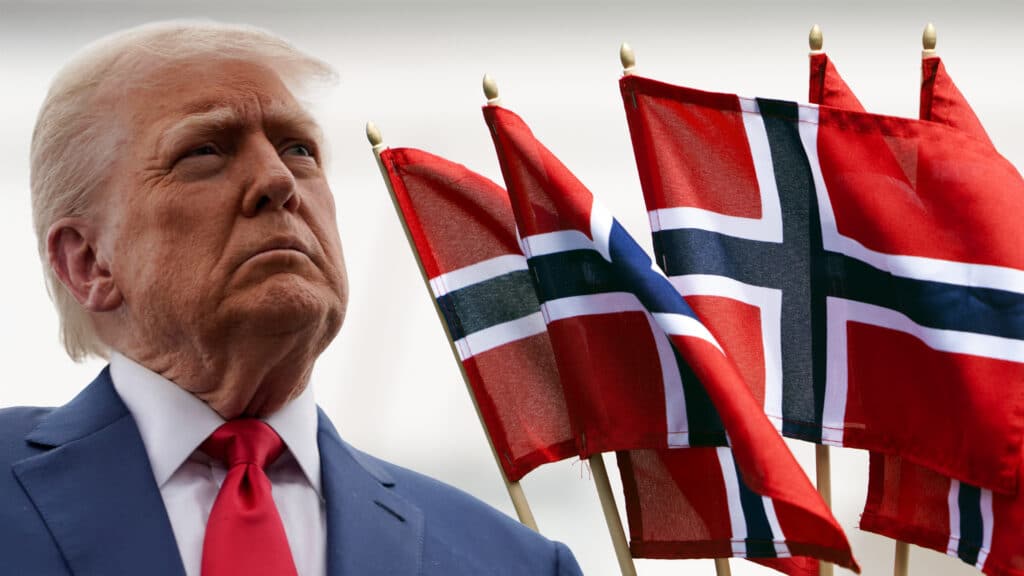
By noon, Trump’s anger had hardened into something sharper.
Standing before reporters, he accused the Nobel Committee of “political manipulation at the highest level”
, claiming hidden financial ties and corrupt influences. He demanded a global investigation into Norway’s dealings with the Committee, insisting he was the rightful recipient of the Peace Prize.
But the response he received wasn’t outrage.
It wasn’t fear.
It wasn’t even formality.
It was silence — followed by global mockery.
Editors from London to Toronto published biting commentaries. Talk shows erupted with laughter. Online memes spread like wildfire. Trump’s accusations didn’t weaken the Nobel Committee; they bolstered its credibility.
And the ridicule only fueled Trump’s fury.
Insiders said he spent hours pacing, rewatching clips of commentators mocking him, frustrated that the world wasn’t taking him seriously.
Decision Three: Diplomats Recalled — and a Threat That Sent Markets Tumbling
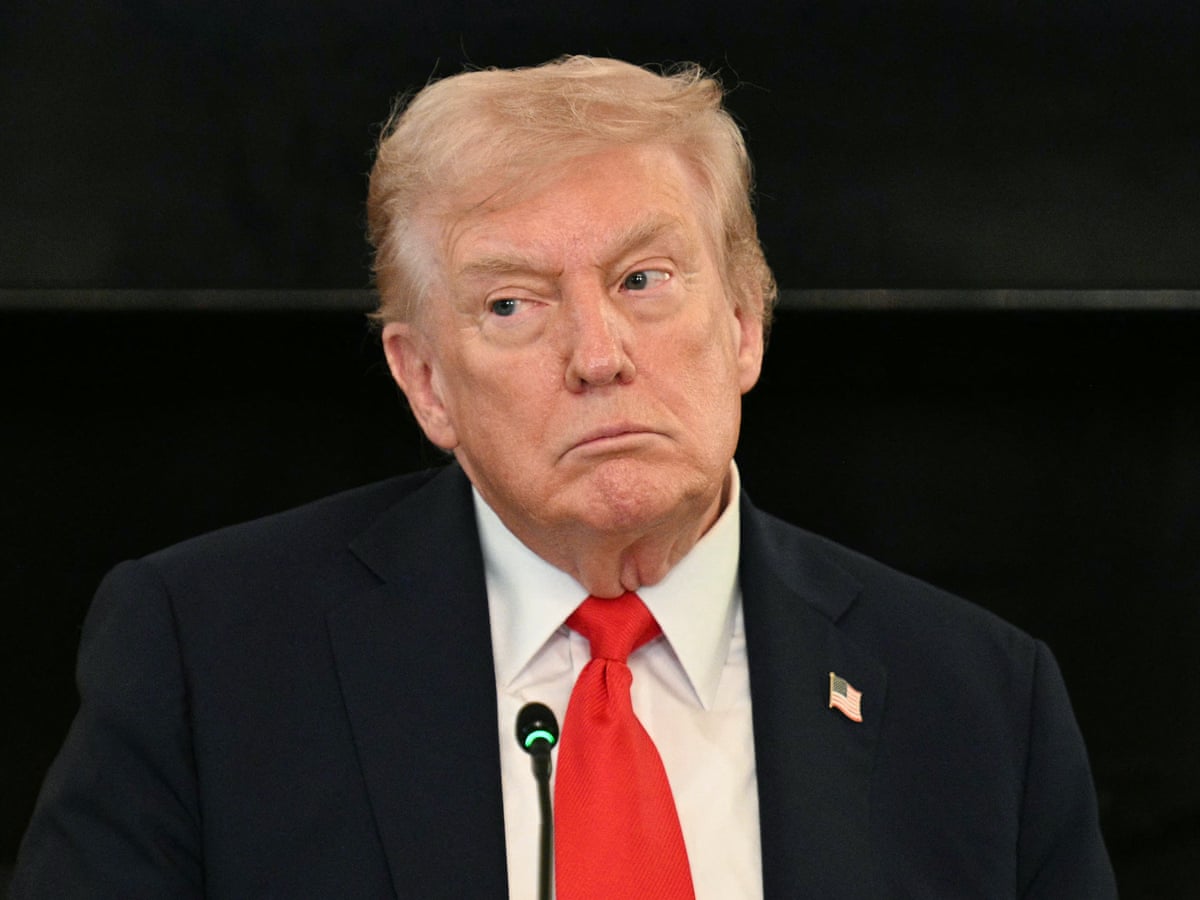
By evening, Trump delivered his final blow.
He ordered the recall of several U.S. diplomats stationed in Norway, signaling a deep freeze in relations. Then came the part that rattled economists:
He threatened to impose special tariffs on Norwegian exports entering the United States.
Salmon, cod, aluminum, timber — industries that relied heavily on American buyers — suddenly found themselves at the edge of uncertainty. Markets trembled. Traders panicked. Norway’s government held emergency meetings.
This was no longer symbolic rage.
This was a real, tangible escalation.
All triggered by a golden medal he did not receive.
A 24-Hour Storm That Reveals Something Deeper
For many in the US and UK, especially those who lived through multiple presidential eras, the past teaches one thing:
Detention, disappointment, and public embarrassment have always been the catalysts for Trump’s most dramatic moves.
But this episode — this whirlwind of chaos directed at an entire nation — reveals something more unsettling:
Trump’s relationship with power isn’t just political.
It’s emotional.
Deeply emotional.
The Nobel Peace Prize wasn’t merely an award.
It was validation — proof he once believed would secure his legacy.
Losing it reopened every wound, every slight, every moment he felt dismissed.
And in those moments, his actions become unpredictable, unrestrained, and unapologetically explosive.
For Norway, the question now is simple:
Is this a passing storm — or the start of a dangerous, long-term rift?
For America, the question is even heavier:
What happens the next time Trump feels he has been wronged by the world?
The answer may determine far more than a diplomatic freeze.
It may determine the next chapter of global stability.
